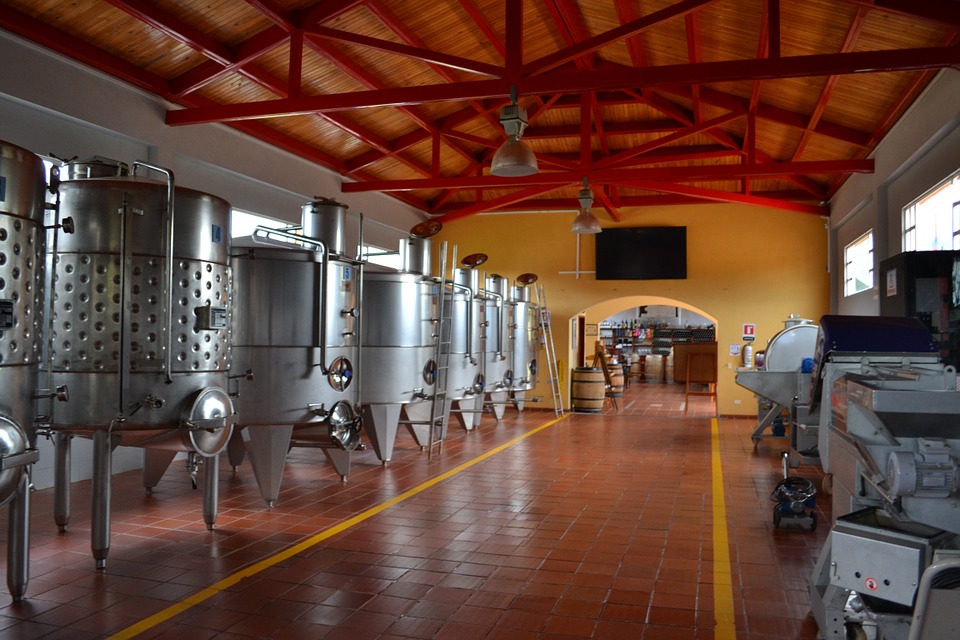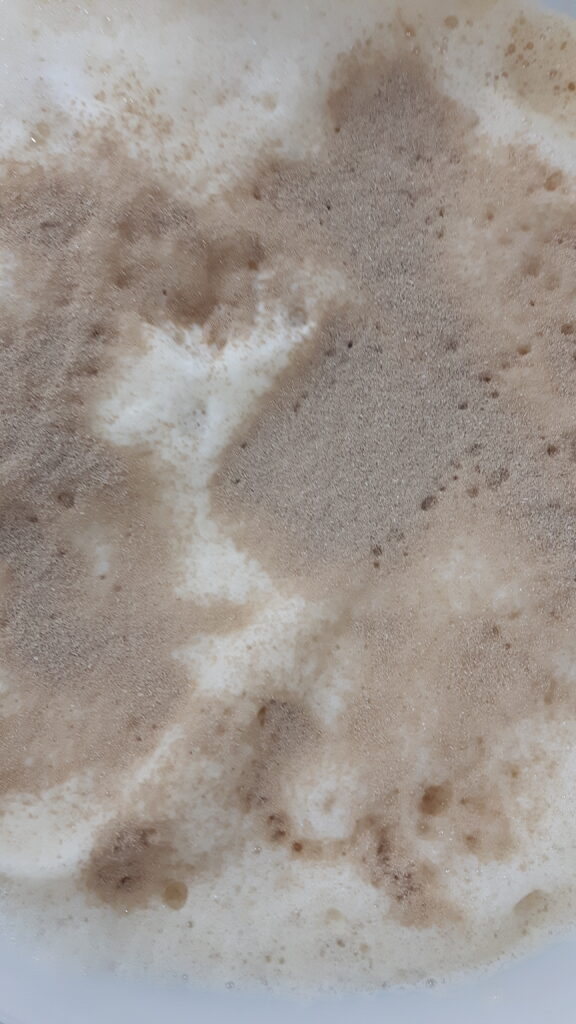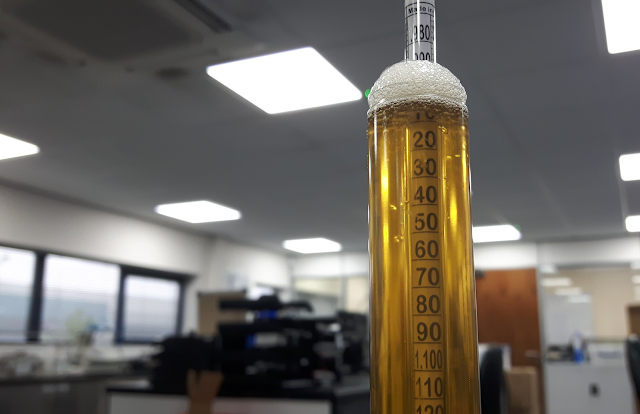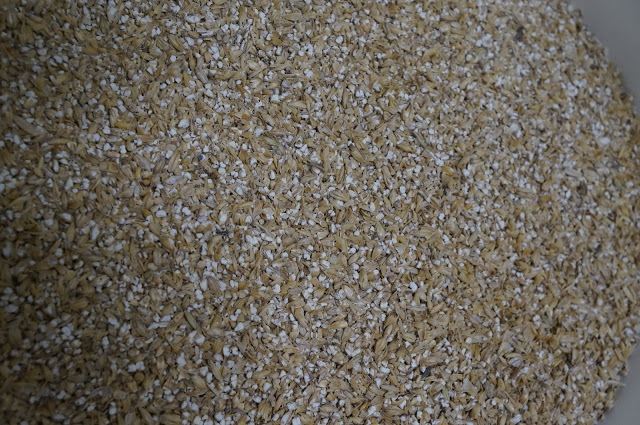Sugar and Brewing

In order to make alcohol, the yeast needs sugar to convert. In wine, cider and some other spirits this sugar is easily available from the natural fruits, but beer brewing presents an additional obstacle by making brewers responsible for extracting the sugars needed for fermentation from grains, by converting starches that are naturally present in […]
Reading a Water Report

While there is a great deal of science involved in the entire brewing process, none of it seems to frighten new brewers as much as the science of water chemistry. Something about adjusting water ions using various salts just seems to be tough to grasp for a lot of people new to the hobby. While […]
Yeast Pitching Rates

If you are looking to improve the consistency of your beers from batch to batch and avoid the negative off flavours that can be created during fermentation, it might be time to look in to your pitching rates. Pitching rate refers to the amount of yeast cells you are pitching into your beer (or if […]
The top ten reasons to control your fermentation temperatures

For many homebrewers, temperature controlled fermentation is something they consider when all other elements of their homebrewery have been put together. Arguably though, fermentation control may be one of the most important things you can do to improve your results. Yeast are responsible for so many flavour compounds in beer that just by being able […]
Forced fermentation test – What is it and why do it?

Have you ever been in a situation where you weren’t sure if your beer was stuck or if fermentation had simply finished? Or wanted to warm your lager for a diacetyl rest a few points before your final gravity but not sure when that was meant to be? Or want to use a new yeast […]
What Is Efficiency?

Efficiency is a very important term in brewing as understanding your efficiency gives you greater control over your original gravity, greater repeatability and a better understanding of how much grain is required in your recipe. Efficiency is to do with the ‘potential’ of grain. Each grain you use in your grain bill has a ‘potential’ […]
Tips For Hitting Target Gravity

Hitting your target original gravity (OG) is important to brewers for many reasons – when you plan a recipe your OG will influence the balance of your beer, affecting the total alcohol, the balance of malt character and the perceived bitterness (missing your target OG can throw off your BU:GU ration and completely change the […]
Small Batch Brewing – What is it and why?

We recently looked into why you might want to brew with large grain bills. This week Dave from our UK office is looking at the opposite end of the scale and talking about why brewers might choose to make smaller batches of beer; “For a lot of brewers (myself included) there is a general assumption […]
Choosing a Yeast Strain for Your Beer

We’ve quoted this before but it’s worth reiterating that ‘brewers make wort, yeast makes beer’. Choosing the right strain of yeast arguably makes the biggest difference in how your end beer turns out so we thought we’d talk you through how to make the right selection. The most obvious distinction to make in yeast […]